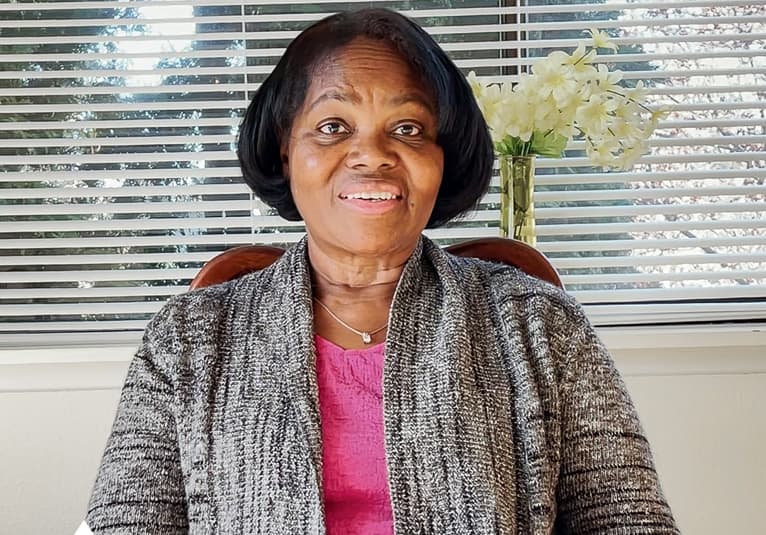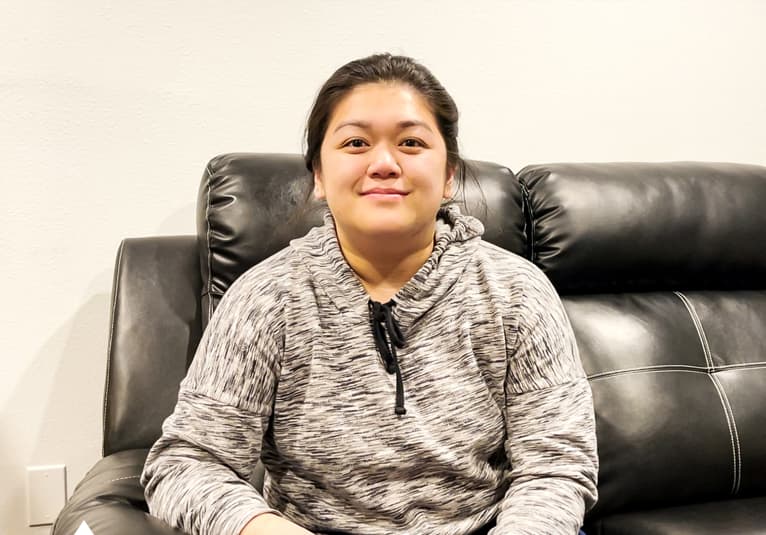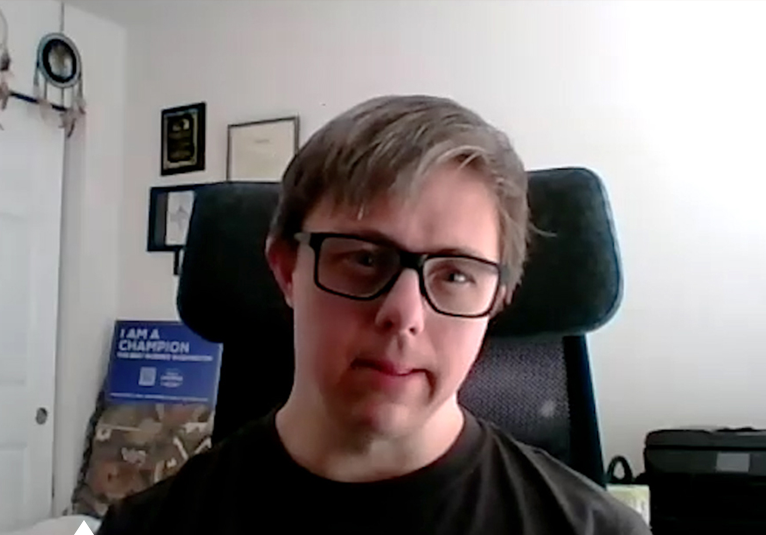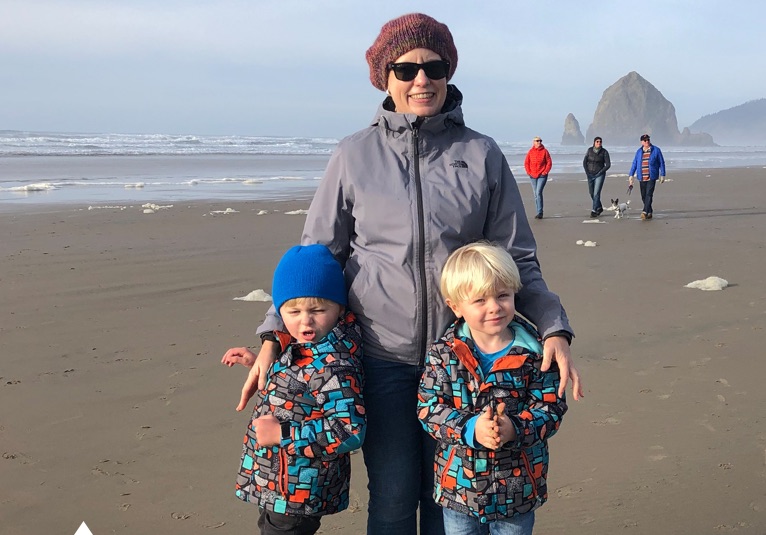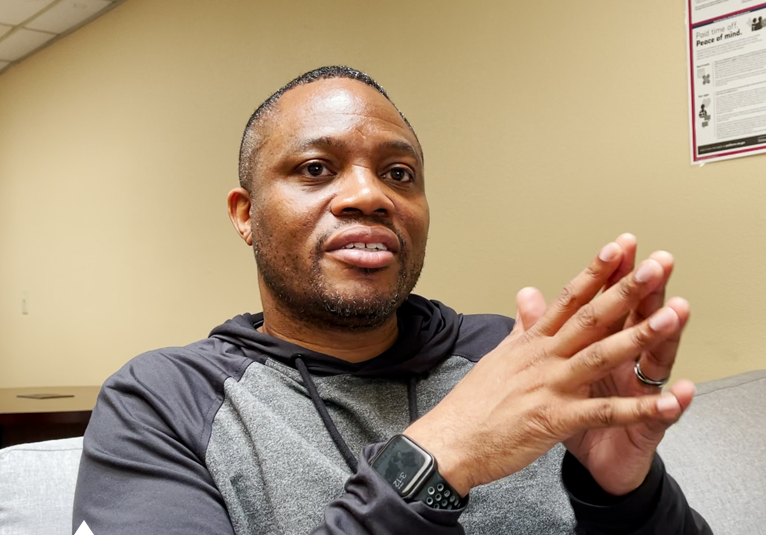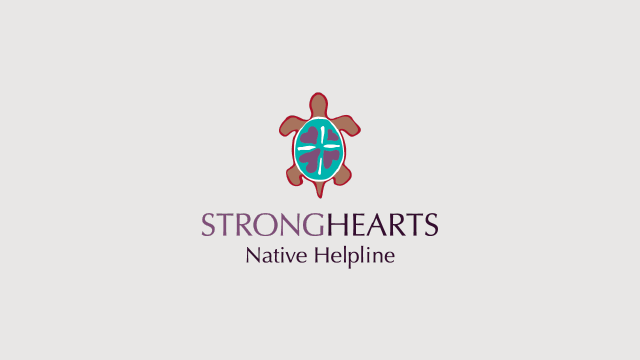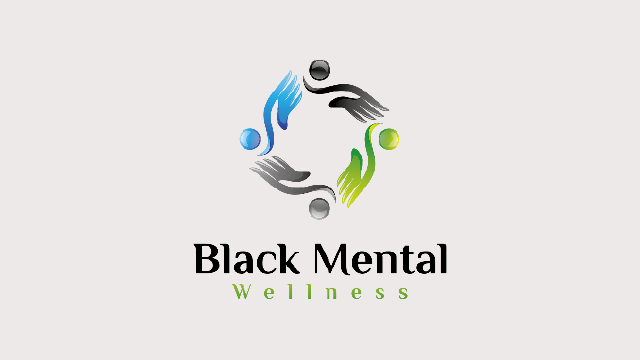Mattie R When we don’t talk about mental health, it doesn’t get better.
Meet Mattie.
My name is Mattie. I’m retired from nursing and probably going to be retired from selling real estate in just a bit.
“What we don’t expose when we don’t talk about mental health doesn’t get better.”
I think there’s been a stigma about mental health, probably because it’s something that people don’t understand. It’s not something you can see. It’s not an illness that, “Okay, this is what it is. You have a fever. Take two pills and call me in the morning.” It’s not something that you can just treat like that.
When I was growing up, people would say things like “Oh, that person is crazy.” You would hear things like that or when you were suffering from anxiety or depression, nobody recognized it or knew exactly what was going on. And I would say particularly in certain communities.
“If we had a more open conversation about mental health, I think people would be more able to talk about how they’re feeling.”
People would feel those feelings and be validated. They would find someone that they could talk to. And it would almost be like, “I have an illness; I have diabetes or I have whatever. I’m going to go and take care of it.”
“There’s help out there. But there are barriers. There are disparities.”
Whether it’s that we’re not educated to the point where we don’t know about it or people don’t know the questions to ask. There are services there, but people need to know how to access them.
How to integrate mental and emotional health into healthcare
Health care providers, physicians, nurse practitioners need to treat the whole patient and look at every aspect, because we are physical beings, we are emotional beings and spiritual beings. I’ve found that for myself and with my own providers that they look at it that way, they treat the whole person. They ask you about each component. And I think we need to make sure we integrate that into healthcare. That would entail having other providers, like counsellors.
Finding the help you need
Talk to someone that you trust, someone who’s close to you. And hopefully you will be encouraged to seek help from professionals, therapists, counselors that are trained and can help give you the tools necessary. That’s what it’s all about, having the tools necessary to walk through that period because it’s very, very real.
My mental health toolkit
My most important tool is my relationship with God and being able to pray to get guidance from His word. I find that for me since we’ve been isolated, I’ve had more time to focus in that area. And it’s helped me to stay grounded and even to be more grounded. Making sure that I exercise, making sure that I’m eating right and doing those things that I can do because that has an impact on you, also.

